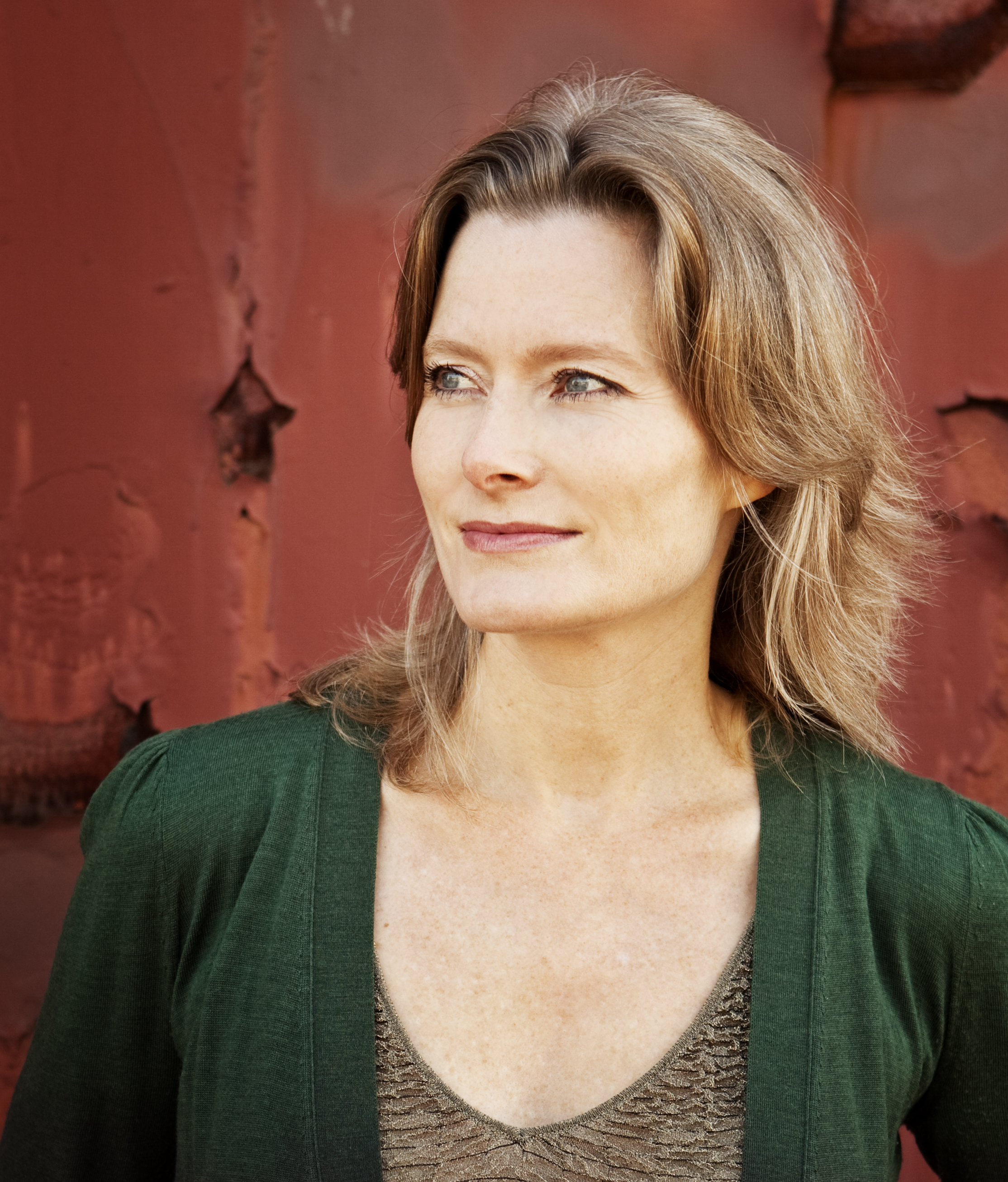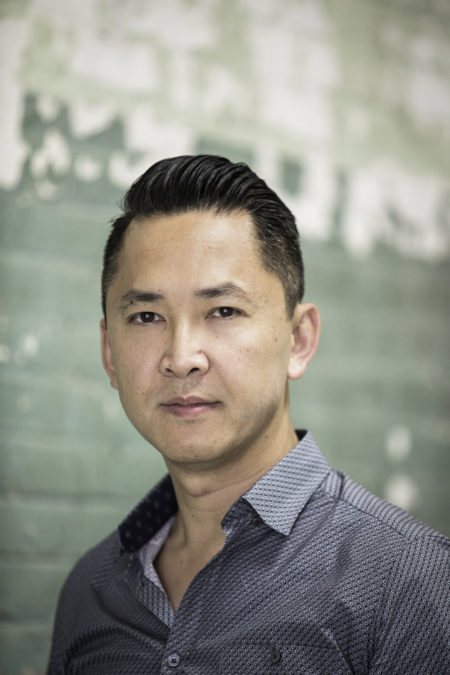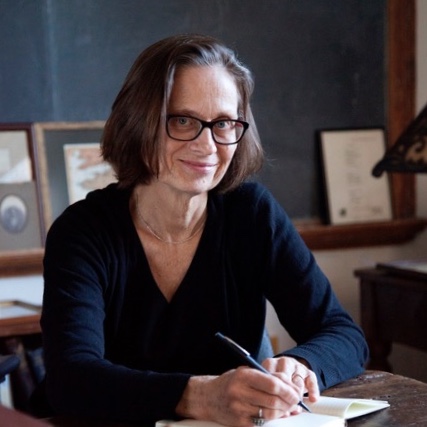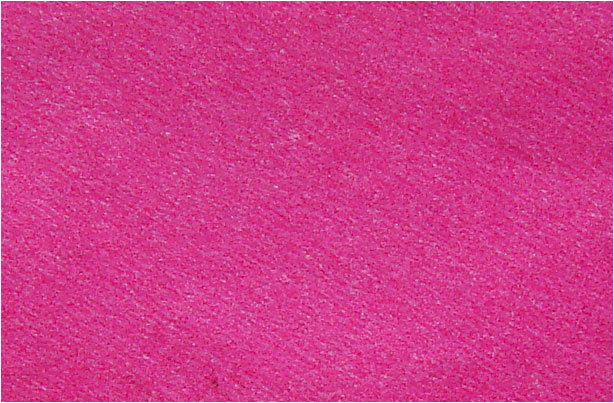Interviews
“African Writers in a New World”: An Introduction
If you ask them, a great many contemporary African writers will tell you that they are not particularly invested in being called "African writers." I know this, because as part of the "African Writers in a New World" interview series that will be running here on Post45 for the next four months, I've been putting this question to as many "African Writers" as I can. I might even be tempted to call it a trend, except for the paradox of defining "African writers" in terms of disavowal. After all, if they're not "African writers," then who are these people who, collectively, aren't calling themselves "African writers"?
Perhaps it's a better question than an answer. It's many different answers, in fact. Some actively dislike the category, some are indifferent to it, and some accept it without particular enthusiasm. Yet nearly everyone I've spoken to expresses—in different ways—their sense that the "African writer" category is a necessary evil at best, accurate without being particularly descriptive. If it is unavoidable, it is also not particularly illuminating; "I'm a writer and I'm African, so yes, I'm an African writer," as Laila Lalami put it. But the sum might be less than the total of those two parts. At worst, the term is a ghetto: by expressing their literary in terms of identity, African writers are not quite allowed to be writers. Instead, they are called on to "perform their Africanness," as J.M. Coetzee's Elizabeth Costello put it, to be Africans who write about being African until the novel becomes sociology, politics, ethnography, anything but literature (Coetzee 51).
In the introduction to Indaba: Interviews with African Writers, the South African poet and academic Stephen Grey suggested that the four decades of interviews he had collected—between 1963 and 2002—formed an "imaginary indaba," a collective conversation about "how to be an African writer" (Gray 11). At about the same time Grey's collection was published, however, Binyavanga Wainaina's satirical "How to Write about Africa" effectively set fire to the very idea, a rhetorical performance followed up by Chimamanda Ngozi Adichie's "The Danger of a Single Story" in 2009; both have been widely shared, a viral circulation that probably says a more about what it means to be an African writer, today, than an academic's introduction to an interview series ever could.
It's much easier to describe what being an African writer doesn't mean. It doesn't mean being born in, living in, and writing exclusively about Africa. As Felicia R. Lee recently observed in The New York Times, a "New Wave of African Writers With an Internationalist Bent," is "making a splash in the book world, especially in the United States." When the 2013 "Caine Prize for African Writing" was awarded to Tope Folarin, of Nigerian parentage, but born, raised, resident in—and writing about—the United States, it would be hard to argue with the adjective "internationalist." But as many observed, a definition of "African writer" that includes Folarin is certainly an expansive, pluralistic, and inclusive category. Folarin told me he hadn't been aware that he was even eligible for the Caine Prize, until Nigerian novelist—and Washington, DC, resident—Helon Habila encouraged him to apply.
Indeed, a characteristic of the contemporary literary scene is that many of the most well-known and widely-read African writers are also Americans, or at least Africans who find themselves in the United States. Wainaina and Adichie lived in the United States for large portions of the 2000's, and Sefi Atta, Unoma Azuah, NoViolet Bulawayo, Chris Abani, Teju Cole, Laila Lalami, Okey Ndibe, Taiye Selasi, and Chika Unigwe all live here now. These are also, however, the names of celebrated African writers whose most recent novel is set at least partly in the continental United States: Americanah, Edible Bones, A Bit of Difference, We Need New Names, The Secret History of Las Vegas, Open City, The Moor's Account, Foreign Gods, Inc, Ghana Must Go and Black Messiah are all set between sea and shining sea.
There is nothing new about the internationalism of the African novel, though. After all, if a continent composed of over fifty nations isn't already the very definition of "international," what kind of work is being done by adding the word "international" to it? As Taiye Selasi observed in her opening address at the 2013 Internationales Literaturfestival Berlin, the assumption that "African" means something specific—that Africa is a place, a people, a culture, or a thing that can be described in terms of that singularity—is fatally flawed, the sort of thinking that leads to single stories, and circumscribed ways of being an African writer. Displaying her usual talent for putting her finger on the zeitgeist, Selasi declared that "African Literature Doesn't Exist":
In order to believe in "African literature"—to employ the term as if it possessed some cogent, knowable meaning—we must believe that the word African possesses some cogent meaning as well. But what? The African continent consists of 55 states recognized by the UN. That's roughly the same as Europe's 50, though I've never heard of anyone placing authors from, say, Switzerland, Serbia, Spain and Sweden on a panel of "European writers." The trouble is obvious: continents are naturally formed landmasses comprised of numerous countries. If states make suspicious categories for art, continents are closer to useless [and]of all the earth's landmasses, Africa may well be the most culturally, religiously, ethnically and linguistically diverse. There are over two thousand languages spoken on the continent, over 400 in Nigeria alone; South Africa, everyone's favorite exception, has eleven official tongues.
The writers I've talked to are not strangers to the United States, even if "American Literature" does not always claim them. They are African. They are "internationalist." And maybe it's precisely the fact that "African Literature" is large enough to contain them, and their literary multitudes, that makes "do you think of yourself as an African writer?" an interesting enough question to keep asking. But if the "Imaginary Indaba" that I'm creating, here, has a unifying thread—and it may not have one—it's the lack of clarity on how to be an African Writer. When it comes to that question, these writers contradict themselves (but they do so very well).
When I asked Maaza Mengiste what she thought about the obligatory "African Writer" question, she said she was frankly a bit tired of all the "conversations and declarations," and confessed to finding the whole discussion boring. Laila Lalami noted that being an "African writer" sometimes seems to mean that she doesn't get called an "Arab writer." When I asked A. Igoni Barrett if he was "conscious of being an African writer," if he felt "a burden or compulsion to write about certain things or avoid certain topics," he brought me up short, with a certain direct crispness:
I don't agree with the definition of an African writer that your question implies. I am Nigerian, I live in Nigeria, I don't practice any religion, I despise the politics of sexuality, and I feel personally affronted by the role the US played in the murder of Patrice Lumumba. But I don't acknowledge external pressures on my writing.
Teju Cole told me he didn't care what he's called. "Labels are really a game we play with whomever happens to be sitting at the table with us," he said, and went on to describe the great variety of geographies he aspires towards: "African, African-American, American-African, black American, Nigerian American, Nigerian, American, Yoruba...My writing has European antecedents, Indian influences, Icelandic fantasies, Brazilian aspirations." Elsewhere, he said he embraced all the terms: "I'm an Afropolitan pan-African Afro-pessimist, depending on who hates me on any given day." Shailja Patel calls herself a "brown Kenyan," and moves on.
Meanwhile, many writers answer the obligatory "African Writer" question with a joke. When I asked the Ugandan novelist Jennifer Nansubuga Makumbi how she felt about the term, she observed that she had no reason to care, because she wasn't successful enough to be called anything in particular. Chimamanda Ngozi Adichie just shrugged the question off with a smile. "I'm not part of a secret society of African writers that meets in some dark basement," she said, and laughed.
Wainaina's "How to Write About Africa" is also funny, but there's something worth taking seriously about those kinds of jokes, I think. After all, the 1962 "Conference of African Writers of English Expression" was not a secret, exactly, and it met at Makerere University in Kampala, Uganda—not in a dark basement—but like a lot of jokes, Adichie's deflection might actually say more than a straight answer ever could. When Chinua Achebe, Wole Soyinka, Grace Ogot, Okot p'Bitek, Ngugi wa Thiong'o, Christopher Okigbo, Kofi Awoonor, Lewis Nkosi, Ezekiel Mphahlele—and many others—convened that famous 1962 conference, they formed the basis of what has been the canon of "African literature" for the half-century ever since, a kind of self-fulfilling prophecy. They debated questions like "What constitutes African literature? Is it literature written by Africans, literature that depicts the African experience?" and "Does African literature have to be written in African languages?" While few, if any, answers were agreed upon, they established the terms—and the players—for how the debate over African literature would proceed for decades. If the debate had only begun, the questions and the canon took a shape and form that have remained remarkably consistent ever since.
In 1991, Bernth Lindfors—himself probably the most prolific interviewer of African writers—devised an "arithmetical scheme for measuring the literary stature of writers from anglophone Africa"—a subtle and elegant metric to which he gave the subtle and elegant name "Famous African Reputation Test," or F.A.R.T. The canon of writers he produced very much resembles the Makerere cohort: only six of the top twenty authors had not been in attendance, but the works by three of them (Cyprian Ekwensi, Amos Tutuola, and Peter Abrahams) had been heavily discussed at the conference, and the others had not yet begun writing when the conference took place.
F.A.R.T., another joke, makes an important point by deflation: the canon of English-speaking African writers, in 1962 and 1991, has been a little too consistent, a little too well defined (and a little too masculine). "The African Writer" is a well recognized, and recognizable figure and the principles of his canonicity were so well and firmly established in places like Makerere in 1962—or by Heineman's extremely influential "African Writers Series," also founded in 1962—that you can't be surprised when so many actual "African Writers" look at him—so often a him—and say, yeah, that's not really me. Especially because, while it's never been a secret society, a great many "African" writers have been excluded from it, over the years; as Ngugi wa Thiong'o would demand, years later, where were the African writers who expressed themselves in languages other than English? The "African Writer" might even be a wholly Anglophone artifact: Makerere paid lip service to writers that were working in Swahili and other non-European African languages, but no one like Shabaan Robert was in attendance, to say nothing of all African writers in Arabic and French who were not invited (and nothing at all was said about them).
As Lindfors' F.A.R.T. suggests, "reducing fine literary distinctions to the less subtle certainties of round numbers" is an interesting exercise as long as you don't take it too seriously. I would say the same of this Google Books "Ngram" charting the rise and fall of the terms "Negro writers," "African writers," and "Black writers":
The publication dates used by Google for its digital library are notoriously imprecise, but this chart tells a very plausible and suggestive story. Before the 1960's, "African writers" weren't really talked about at all, and the category didn't mean very much. Writers like Léopold Sédar Senghor or René Maran were much more likely to be called "Negro Writers," a category that fell out of fashion in the 1970's—only partially compensated for by the rise of "Black writers"—and there's been a small, but statistically significant, drop-off of interest in "African writers" since somewhere around the beginning of the 21st century.
That seems about right to me. Before Makerere, "African literature" didn't mean very much. The "Congrès des écrivains et artistes noirs" that was held in Paris in 1956 gets translated into English using the words "Negro," "Negro-African," and "Black," and the practice of diaspora—as Brent Hayes Edwards has put it—that we find in that process of translation indexes the internationalist fluidity of that moment. The Caribbean, African-American, and African writers who brushed elbows in Paris were a very international Black Atlantic; Richard Wright, James Baldwin, and Josephine Baker were equal participants, alongside Léopold Sédar Senghor and Aimé Césaire. One of the conveners, Amadou Hampâté Bâ, was even a Muslim (though there was no attempt to include African Arabs). Without idealizing it, that Black world was large and contained multitudes. One might even call it "Afropolitan," a word Taiye Selasi effectively coined in 2005. Yet it would be hard to argue that it wouldn't describe continent hopping internationals like Claude McKay, or Léopold Senghor, or James Baldwin.
In 1962, by contrast, Langston Hughes was only present at Makerere as an observer, blessing the proceedings with his presence, but not properly a part of them. Though he was certainly a Black writer "of English expression," he was not quite an African, and like the three "observers" from French-speaking Africa, Americans like him were welcomed without being properly included (to say nothing of the absent North Africans, of whom nothing, again, was said). Meanwhile, the only women present—Grace Ogot and Rebecca Njau—were nominally present, but their contributions were barely recorded, an omission that has had ramifications for decades. If "Makerere" marks the moment when "African Writers" becomes a recognizable category, then it was produced by as much by what went without saying, or who wasn't heard from, as by anything that anyone actually said.
If you wanted to, you could argue that the conditions for the legibility of "African Literature"—which were obtained between the rise of African nationalism and the end of the Cold War, the long, drawn-out era of decolonization and national resistance that reached its peak with the fall of Apartheid—have passed. You could argue that the concept served a particular purpose in a particular time and place, but that, as the context changes and as history moves on, the idea of "African literature" is less and less important, even for writers who are, in whatever sense, "African." You could even argue that it never made sense at all, that "African literature" has always been an arbitrary distinction between literature produced by certain people in certain places, rather than by other people in other places; maybe, as Selasi argues, it has never really existed.
I confess that I find the most interesting thing about Selasi's polemic to be the fact that it isn't actually that controversial. That "Africa Isn't a Country" is not a contentious proposition; as we see at the blog Africa Is A Country, the inadequacy of "African" as a descriptive adjective has gone from polemic to parody. But even writers who forcefully disagree with Selasi's declaration—sometimes quite bluntly, as with Emmanuel Iduma's retort, "No Selasi, African Literature Exists"—can actually disagree much less than one might initially think; even Iduma, for example, frames the term's usefulness as a vehicle for its own deconstruction:
To accept the term should be to be skeptical about it, and to infuse it with the sort of meaning it must embody today. If Africa is an idea, it is petty and nonsensical to imagine it out of existence. It's rather helpful to ask: what might it mean today, and in what ways can this meaning be deployed in literature?
In this spirit, African Writers in a New World is a project to ask some over-simplistic questions, and see what kinds of complicating answers we can get. The sum is neither more nor less than the total of its parts, because we don't want to add them up at all. Why reduce fine literary distinctions to the less subtle certainties of round numbers? Why not embrace the lack of consensus? Most of all, why not ask questions that don't allow for single stories?
If nothing else, and if only for me, this project has been a useful exercise in learning to listen. Literary scholarship so often proceeds as if it wants to be empirical, emulating the sciences by making claims, introducing evidence, and advancing and contesting theoretical arguments about our subjects. At some idealized end-point, in the future, we imagine we might reach consensus, or at least we act like we want to. Whether or not this is scholarship, this isn't that: open-ended and irresolvable, this project proceeds under the assumption that Barthes was wrong, that the author isn't dead, and that it's sometimes useful just to shut up and pay attention to what she has to say for herself.
The interviews in this series will lead up to the Symposium of African Writers at the University of Texas at Austin. The event, which will take place December 2-3, 2014, will feature conversations with Laila Lalami, Maaza Mengiste, Nnedi Okorafor, Sofia Samatar, and Taiye Selasi. "African Writers in a New World" will conclude with a conference report from the Symposium. Details are available at http://africanwriters2014.wordpress.com/.
ALSO IN THIS SERIES:
Interview: Maaza Mengiste
Interview: Laila Lalami
Interview: Miral al-Tahawy
Interview: Tope Folarin
Interview: Sofia Samatar
Interview: Teju Cole
Aaron Bady is currently a post-doctoral fellow at the University of Texas, preparing Genres of Empire: The Image of Africa in the American Century for publication. He is also an editor and blogger at the New Inquiry.
Works Cited
Coetzee, J.M. Elizabeth Costello. New York: Penguin, 2004.
Grey, Stephen. Indaba: Interviews with African Writers. Capetown, South Africa: Boekhuis, 2012.
Iduma, Emmanuel. "No Selasi, African Literature Exists." www.mriduma.com. December 10, 2013.
Lee, Felicia R. "New Wave of African Writers With an Internationalist Bent." New York Times June 29, 2014.
Lindfors, Bernth. "Deciphering the Canon." Meditations on African Literature. Westport, CT: Greenwood Press, 2001.
Selasi, Taiye. "African Literature Doesn't Exist." Internationales Literaturfestival Berlin. Haus der Berliner Festspiele, Berlin, Germany. September 4, 2013.






